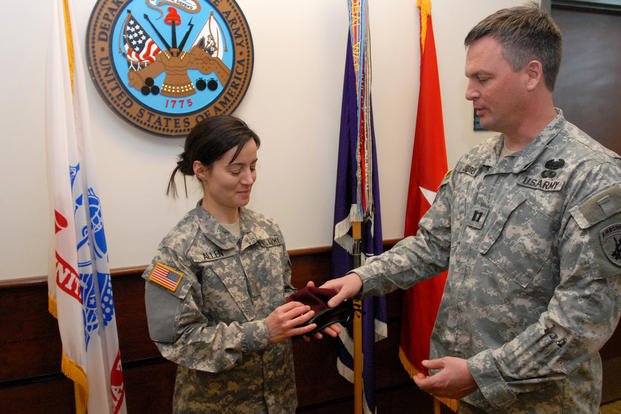Military work, and the logistics that it requires, can be a complex process, with many moving parts. In this article, learn how military project management can help with these tasks.
What is Project Management?
Military project management program is a specialised form of project management that is used in the military and government sectors. It is a process that helps to ensure the successful completion of projects by managing risk, resources, and communication.
Military project managers must be able to identify and assess risks, establish schedules, track progress, and communicate with stakeholders. They also need to be skilled in resolving conflicts and managing resources.
Project management software can help military project managers make better decisions.
Some key benefits of using project management software include:
– increased efficiency and productivity
– reduced risk
– improved communication and cooperation among team members
The Military Model of Project Management
Military project management is a model of project management that is based on the principles and practices of the military. The military model emphasizes planning, coordination, and execution of projects. It also emphasizes the importance of communication, discipline, and teamwork.
The military model is especially important for projects that have a high degree of risk. Projects that involve high-risk factors are typically handled by the military because they know how to manage these types of projects effectively.
The benefits of using the military model of project management include:
– Increased efficiency and accuracy
– Reduced risk
– Improved communication
– Better coordination
Why is it Necessary?
Military project management is important for several reasons. First, it helps to ensure that projects are completed on time and within budget. Second, it helps to ensure that the projects are executed in a consistent manner, which leads to improved quality and fewer errors. Lastly, military project management helps to keep team members coordinated and focused on the task at hand.
Types of Projects and their Approaches
Military project management is a process that helps ensure the successful completion of a project. There are many different types of projects, and each requires a different approach. This article provides an overview of the most common types of projects and their specific approaches.
Common project types include product development, construction, system deployment, and humanitarian aid. Each type has its own unique set of requirements and challenges, which is why military project management is so important.
Product development projects involve creating new products or updates to existing products. Product development projects typically have shorter timelines than construction or system deployment projects, but they are more complex because they often require multiple phases with different milestone dates. The product development approach to military project management emphasizes quality control and meeting deadlines.
Construction projects involve building new facilities or modifying existing facilities. Construction projects typically have longer timelines than product development or system deployment projects, but they are less complex because they usually only require one phase with one milestone date. The construction approach to military project management emphasizes planning and coordinating stakeholders across multiple organizations.
How to Plan a Battle
Military project management is an important part of any organization’s overall strategy. When executed correctly, it can help ensure that projects are completed on time, within budget, and meet all necessary requirements. Here are some tips to help you plan a successful military project:
1. Identify the goals of the project. What is the ultimate goal of the project? This will help you determine what needs to be done in order to achieve this goal.
2. Determine the timeline for completing the project. How long will it take to complete the project? This information will help you plan how much resources you need to allocate to the project.
3. Establish milestones for the project. What specific milestones need to be met in order for the project to be completed on time? This will help keep everyone on track and prevent any delays from happening.
4. Create a planning schedule and track progress regularly. How often should progress reports be filed? How much detail should be included in these reports? These are all important questions that need to be answered in order to ensure that the project is moving forward as planned.
Examples of Military Projects
Military project management (MPM) is a process used in many different industries to ensure successful and timely completion of projects. It is a systematic way of planning, organizing, leading, and controlling the execution of projects.
MPM is important in the military because it allows for smooth transitions between projects, prevents delays, and ensures that all projects are completed on time and within budget. PMP certification can help individuals in the military manage their projects more effectively.
Below are several examples of military projects that use PMP:
1. The development of a new aircraft design.
2. The construction of a new military base.
3. The deployment of a new military unit.
4. The development of a new weapon system.
5. The implementation of a new training program.
